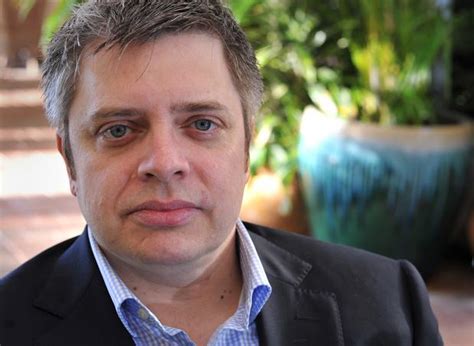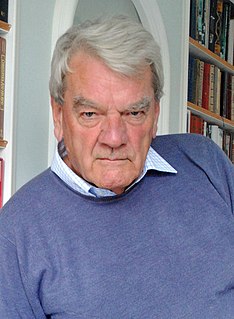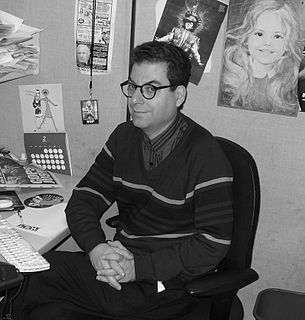A Quote by Errol Morris
I like to point out that people very often confuse the idea that truth is subjective with the fact that truth is perishable.
Related Quotes
I must say a few words about memory. It is full of holes. If you were to lay it out upon a table, it would resemble a scrap of lace. I am a lover of history . . . [but] history has one flaw. It is a subjective art, no less so than poetry or music. . . . The historian writes a truth. The memoirist writes a truth. The novelist writes a truth. And so on. My mother, we both know, wrote a truth in The 19th Wife– a truth that corresponded to her memory and desires. It is not the truth, certainly not. But a truth, yes . . . Her book is a fact. It remains so, even if it is snowflaked with holes.
What I hate about kitchen-sink dramas is [this idea] that the set is real, therefore you're going to be seeing truth. You have to earn truth. Truth can't be a part of the fact that people appear to talk that way and live in that room. You're looking for the poetry in something, and I don't mean poetry in the fancy sense. Naturalism believes by just replicating a thing you give the truth, rather than earning the truth.
The idea that a reporter has to be 'fair and balanced' is ridiculous. The fact is, the truth usually is not fair and it's not balanced. Truth stands by itself. And the idea that something called fair and balanced is a substitute for truth and fact is mindless nonsense that has captured much of the national media.
There have been a number of philosophers who have reveled in the dismantling of truth. I think they did so with good ethical motives, and for good philosophical reasons. I can see the sense in what they were talking about; the idea that truth is often claimed by elites in order to further certain agendas. They crowd-out alternative perspectives - particularly those of the powerless. But the undermining of truth contributed - in the weird, indirect way that philosophy contributes to the culture - to a rejection of the idea of truth as having any kind of proper meaning at all.
I found that most people don't really want to know the truth. There are plenty of people who want to know the truth on their terms or require that the truth be contained within certain boundaries of comfort. But truth can never be known this way. You have to seek truth from a place of not knowing, and that can be a very threatening place because we think we already know the truth or we are afraid of what the truth might be.





































